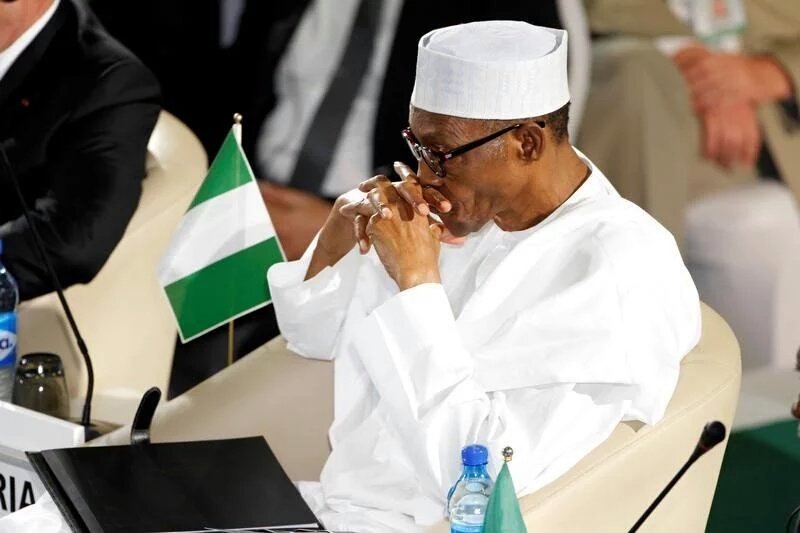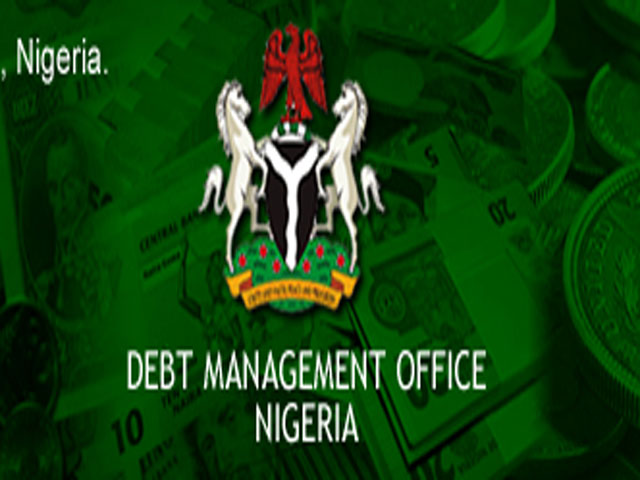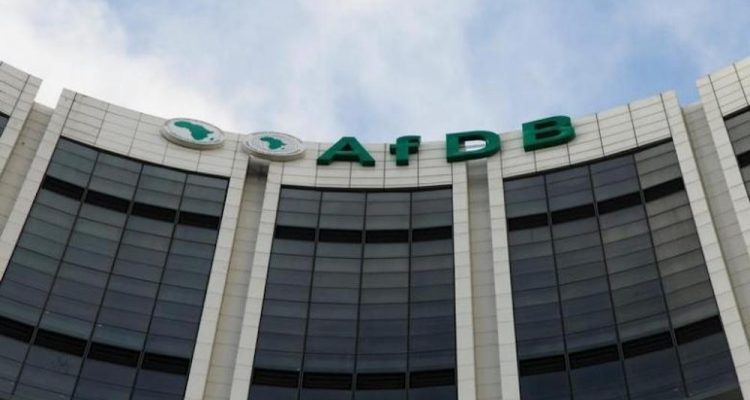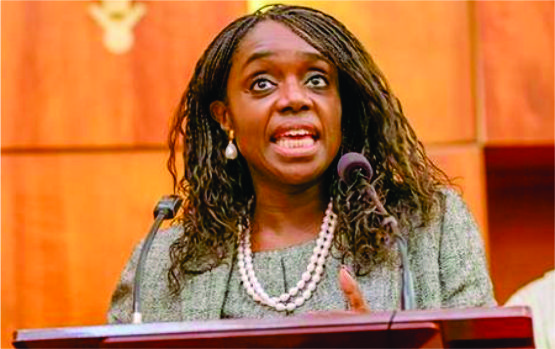Nigeria’s debt to GDP ratio in 2018 was 16.1%, which is still in safe thresholds. Gross Domestic Product (GDP) for full year 2018 was $397.2 billion and external and internal debts as at then were $79 billion and N24 trillion.
With about the amount budgeted for debt servicing (N2.75 trillion), recurrent (N4.88 trillion), and capital expenditure (N2.14 trillion) in the 2020 proposed budget, experts are of the opinion the economy could be stagnated.
Speaking on the sidelines of the recently concluded 25th edition of the Nigeria Economic Summit organised by the Nigeria Economic Summit Group (NESG), Wilson Erumebor, an Economist and Research Analyst at Agusto & Co. Erumebor said Nigeria could stagnate, with average GDP growth of 3.3% from 2020 to 2050.
He said unemployment and poverty rates will be at 49% and 58% respectively, noting that Nigeria could enter recession by 2021, with 70% unemployment rate and 80% of the Nigerian population living in poverty.
Servicing debt is unproductive and siphons resources away from potentially productive endeavours. If the debt was incurred on productive investments with a higher rate of return than the interest rate of the debt, this may not be a bad thing.
However, there is a consensus about having the amount budgeted by a country for debt servicing to be less than capital expenditure. This practice attracts investors and even make government bonds market attractive.
What is puzzling is the fact that for a government that is currently having dwindling revenue due to global drop in oil price, recurrent spending is still skyrocketing. Between 2018 and 2019 recurrent expenditure grew by 15.6% and is expected to hit 39.7% in 2020.
Nigeria Government is currently testing the waters on other means of generating revenue. The 2020 budget aside from oil revenue is predicated on increase in Value Added Tax (VAT) from 5% to 7.5%.
The Central Bank of Nigeria’s (CBN) recent introduction of Cashless Policy, on the other hand, will see individuals pay 3% and 2% for withdrawal and cash lodgment, while corporates will pay 5% and 3% for withdrawal and cash lodgment for transactions above N500,000 (individual) and N3 million (corporate).
At the end, a great chunk of the revenue from these means are sunk into running the government instead of capital spending that will attract investors and gain the trust of tax payers.
President Buhari said, though, the capital expenditure was to complete ongoing projects and assured Ministries, Departments, and Agencies (MDAs) were not allowed to add new projects.
Capital spending for Health and Education combine is nowhere near what is budgeted for the National Assembly. The health sector is expected to get N46 billion and education N48 billion, yet the National Assembly will receive a statutory allocation of N125 billion.

 Football2 days ago
Football2 days ago
 Business1 week ago
Business1 week ago
 Business1 week ago
Business1 week ago
 Education1 week ago
Education1 week ago
 Crime1 week ago
Crime1 week ago
 Covid-191 week ago
Covid-191 week ago
 Latest6 days ago
Latest6 days ago
 Aviation4 days ago
Aviation4 days ago






